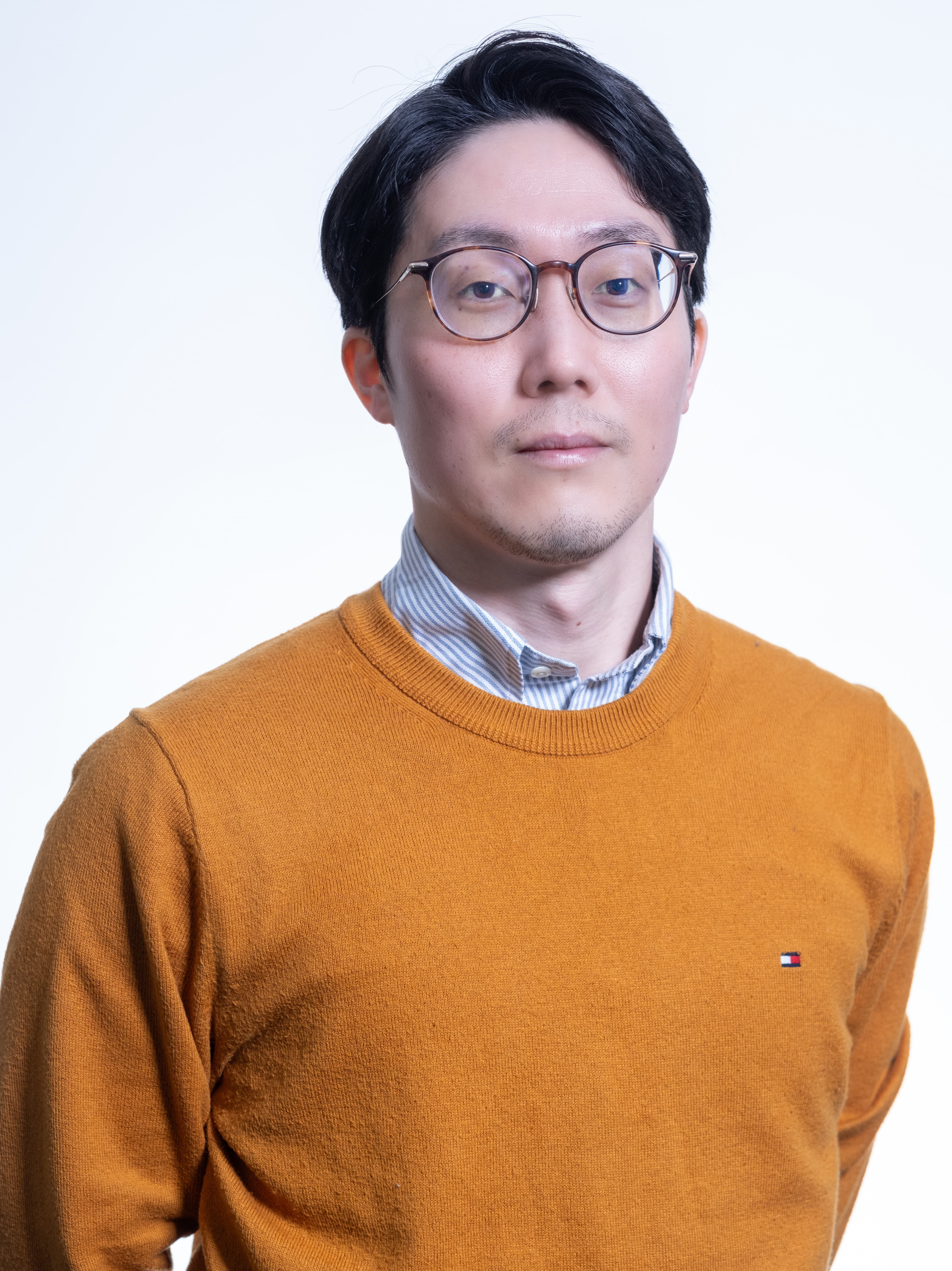Dr Masahiro Suzuki joined the School of Social Sciences and Humanities at Loughborough University on 1 August 2024. He completed his PhD in Criminology at Griffith University, Australia, in September 2020, where his doctoral research examined the relationship between restorative justice conferencing for young offenders and desistance from crime. Before joining Loughborough, Dr Suzuki was a Lecturer in Criminology at Central Queensland University, Australia (2019–2024).
Dr Suzuki is a Fellow of the Higher Education Academy (FHEA) and serves as the Regional Editor (Asia) for the International Encyclopaedia of Restorative Justice. He is also an editorial board member for Contemporary Justice Review and SN Social Sciences.
He has received multiple international awards for his research from the Australian and New Zealand Society of Criminology, the Asian Criminological Society, the International Society of Criminology/United Nations Office on Drugs and Crime, and the Japanese Association of Sociological Criminology.
Dr Masahiro Suzuki’s research explores how justice systems can become more restorative, ethical, and culturally responsive. His work bridges criminological theory, empirical inquiry, and practical application, focusing on how social, cultural, and institutional contexts shape justice practices and experiences of harm.
His primary research interests include restorative justice, youth offending, desistance from crime, domestic violence, elder crime, and comparative criminology. He has a strong interest in understanding how individuals move away from offending and how justice processes can better support victims, offenders, and communities. His research often draws on mixed-methods approaches to examine lived experiences, decision-making, and institutional responses.
His current projects include:
- Shuttle mediation in the UK youth justice system, investigating how and why it is used, and developing evidence-based best practice guidelines.
- Help-seeking behaviours among ethnic minority survivors of domestic abuse, exploring cultural and structural barriers to support.
- Eldercide by family caregivers in Japan, analysing social, psychological, and cultural factors influencing extreme caregiving violence.
Across these projects, Dr Suzuki seeks to bridge theory and practice, producing research that informs both academic debate and policy development. He regularly collaborates with practitioners, policymakers, and international scholars to promote restorative and culturally informed approaches to justice.
Dr Masahiro Suzuki is an experienced criminologist and educator with extensive expertise in teaching, research, and curriculum development in the field of criminology and criminal justice. Before joining Loughborough University, he served as a Lecturer in Criminology at Central Queensland University (Australia) from November 2019 to April 2024, where he designed and delivered undergraduate courses on the criminal justice system, criminological theory, and innovative approaches to justice.
Dr Suzuki’s primary teaching and research interests centre on the foundations of criminology and criminal justice, the development of criminological theory, and the application of innovative justice approaches. His work on restorative justice and therapeutic jurisprudence explores alternative frameworks for addressing crime, reducing harm, and promoting social well-being. He is passionate about engaging students in critical discussions that connect theory, research, and practice, equipping them with the analytical and ethical tools necessary for careers in justice and social policy.
At Loughborough University, Dr Suzuki teaches across several criminology modules and supervises both undergraduate and postgraduate research projects. He is committed to fostering an inclusive and supportive learning environment that encourages intellectual curiosity and critical reflection.
Dr Suzuki is a Fellow of the Higher Education Academy (FHEA), recognising his sustained commitment to excellence in teaching and learning in higher education.
Current PhD Students
- Michelle Mikulsky – Restorative justice and desistance from crime among violent adult offenders (primary supervisor with Dr Kirsty McGregor)
- James Travis - Investigating the Relationship Between Skateboarding Subculture and Deviant Behaviour: A Comparative Analysis of Criminal Activity in Designated Skate Parks Versus Non-Skate Specific Spaces (secondary supervisor with Dr Thomas Thurnell-Read)
- Suzuki, M. (2025) Offender journeys in restorative youth justice conferencing: The overlap between restorative justice and desistance. Deviant Behavior, 46(4), 435-455.
- Suzuki, M., Sagara, S., Yamawaki, N. & Hashiba, N. (2025) A path to tertiary desistance: A qualitative metasynthesis. Punishment & Society, 27(2), 360-379.
- Suzuki, M. (2024) Possibility of sincere apology in restorative justice: When and how? International Journal of Offender Therapy and Comparative Criminology, 68(13-14), 1323-1337.
- Suzuki, M. & Jenkins, T. (2024) Redefining forgiveness in restorative justice. Criminal Justice Studies, 37(7), 273-289.
- Suzuki, M. & Otani, A. (2024). Ageing, institutional thoughtlessness, and normalisation in Japan's prisons. International Journal of Applied Criminal Justice and Comparative Criminology, 48(4), 363-374.
- Suzuki, M. (2023) Victim recovery in restorative justice: A theoretical framework. Criminal Justice and Behavior, 50(2), 1893-1908.
- Suzuki, M. & Jenkins, T. (2022) The role of (self-)forgiveness in restorative justice: Linking restorative justice to desistance. European Journal of Criminology, 19(2), 202-219.
- Suzuki, M. & Yuan, X. (2021) How does restorative justice work? A qualitative metasynthesis. Criminal Justice and Behavior, 48(10), 1347-1365.
